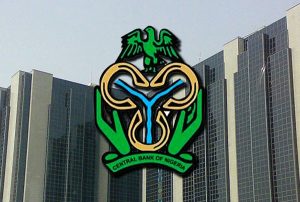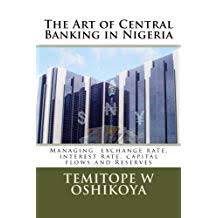Full Project on Impact of Double Taxation on the Performance of Small Scale Businesses
This research is aimed at evaluating the factors that encourage non compliance with tax obligation and also focuses on the impact of Nigerian tax policies on the economy and small businesses in Ilorin.





